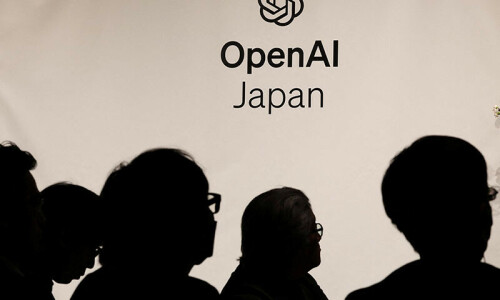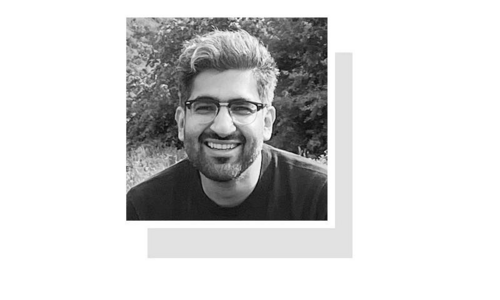KARACHI: The unprecedented loss of life caused by the current heatwave that the city has experienced over the past few days could have been avoided to a great extent if the people had been made aware of heatstroke prevention steps and symptoms requiring urgent hospital admission, health experts told Dawn on Tuesday.
Karachiites, they said, were caught unawares by a surge in temperature that was normal in other towns which have reported fewer casualties.
“Unfortunately, we didn’t have timely weather forecast that could serve as a warning to the people. Then, the civic administration couldn’t take swift notice of the emerging situation. People should have been asked to stay indoors and keep themselves hydrated,” said Dr Saeed Qureshi, medical superintendent of the Civil Hospital Karachi (CHK) where over 2,000 heatstroke patients reported over the past three days.
‘People should have been asked to stay indoors and keep themselves hydrated’
Around 90 mortalities were reported at the hospital. “Of these cases, many were brought dead to the hospital. Delayed arrival of patients has been a major factor that led to a number of deaths,” Dr Qureshi said, adding that gastroenteritis had been found to be a compounding factor in some patients.
Dr Zafar Zaidi of the Indus Hospital, that had been visited by around 460 heatstroke patients in recent days, said there was no plan in place to handle the crisis.
“The heatwave that gripped the city on Saturday morning showed no let-up for the next two days, exhausting the people especially the elderly, many of whom had other illnesses or were fasting,” he said, adding that heatstroke could be prevented by drinking lots of liquid and avoiding direct sun exposure by covering one’s head.
Of the 35 mortalities which have been reported at the hospital, 15 patients were brought dead, Dr Zaidi said. Generally, he added, people couldn’t pick up medical signs for an emergency that included high-grade fever, acute weakness, shallow breathing, nausea, lack of sweating despite heat, dizziness and disorientation.
Dr Seemin Jamali, head of the emergency services at the Jinnah Postgraduate Medical Centre, however, was of the opinion that death was too difficult to prevent in many cases. “We have received a number of cases in which elderly patients fainted soon after getting dehydrated at home and were either brought dead or unconscious at the hospital.”
The dead, she said, included a significant number of drug addicts and street beggars. The JPMC has reported 260 mortalities in three days. Almost half of the patients were pronounced dead on arrival.
Dr Jamal Raza, who heads the National Institute of Child Health, expressed shock over the huge death toll that the city witnessed in recent days. “It’s really very unusual. But then there are issues like acute water shortage and power outages that the people have been facing for quite some time that aggravated the effect of high temperatures,” he said.
According to him, no death from heatstroke has been reported at the NICH so far, though the number of patients visiting the hospital has greatly increased in recent days. “There is a jump from 500 to 800 patients at the outpatient department. Children reporting at the health facility are suffering from all types of illnesses including fever, dehydration, diarrhoea and chest infection,” he said.
Dr Khalid Masood, medical superintendent of the government-run Qatar hospital in Orangi, blamed the prolonged outages for the health crisis and said the mortalities at the hospital could have been doubled if the hospital hadn’t gathered enough funds to use a generator.
“The deaths were 100pc preventable if electricity was being supplied to people. The prevention is simple: people should drink oral rehydration salts (ORS) and cover their head with a wet cloth to keep their head cool,” he said, adding that the hospital was using bathing with cold water as a method for treating heatstroke patients.
Dr Jameel Mahar, who has been posted at Taluka Lakki Ghulam Shah Hospital in Sukkur district, was of the opinion that people in Karachi were not used to extreme hot weather conditions, which, he said, was normal in summers in the interior of the province. “Hence, their tolerance level must be low and they are falling victim to the heatwave,” he said.
Traditionally, he said, people in the interior of Sindh covered their heads to avoid direct sun exposure besides consuming lassi and yoghurt in summers.
Published in Dawn, June 24th, 2015
On a mobile phone? Get the Dawn Mobile App: Apple Store | Google Play












































